“Ayiti has been blessed to be a country where we have created all the essentials of the identity of a human. We have created our own cosmogony, which is what Vodun is. This is our perception of the cosmos… All the relationships that can be established between visible and invisible is in Vodun. Then, we created our own language… Therefore, once you have created your perception of the world, your cosmogony and your language, you are set to be an independent person.”
Ayitian (Haitian) historian, teacher, writer and humanitarian Professor Bayyinah Bello visited Montreal in September 2018 as part of a conference on Haitian spirituality, identity and history and Kentake Page had the opportunity to conduct a fascinating interview with her on a range of subjects including her background, Vodun, historical archetypes and more.
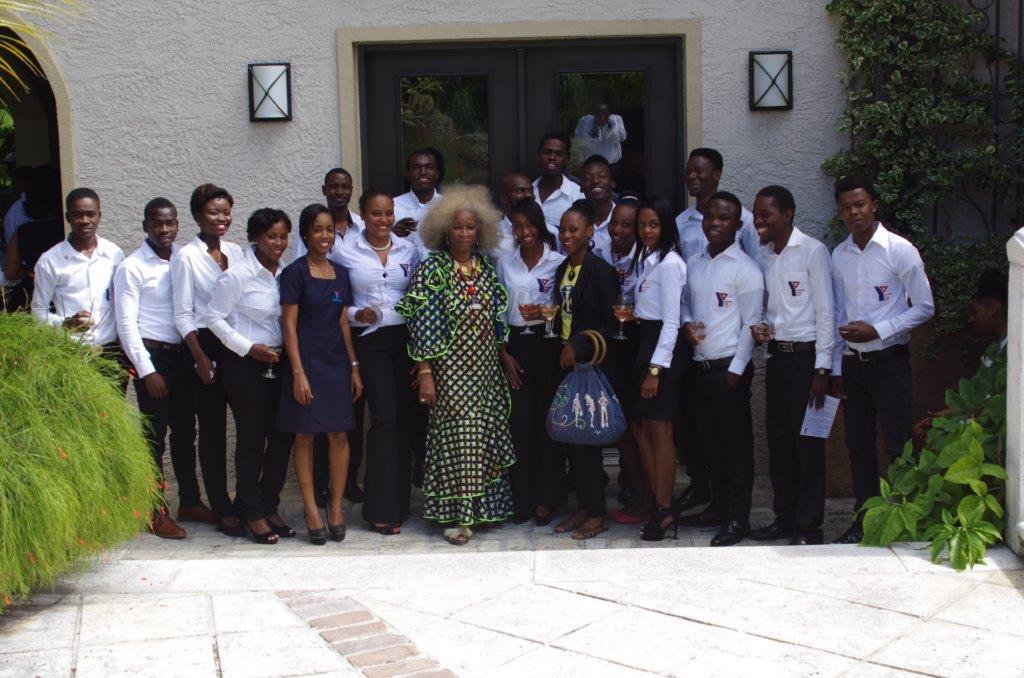
Bayyinah Bello, born in 1948, is the founder of Fondation Marie-Claire Heureuse Félicité Bonheur Dessalines, or Fondation Félicité (FF), in honour of the wife of Jean-Jacques Dessalines. The organization was established in 1999 and is dedicated to humanitarian, social and educational work to aid the people of Haiti (Ayiti).
Bello is a leading historian on Ayiti and regularly lectures and participates in international conferences. She was prominently featured in the 2017 documentary 1804: The Hidden History of Haiti.
Kentake Page (KP): Can you speak about your upbringing and background. Did your family have any influence on your historical consciousness?
Bayyinah Bello (BB): I was born and raised in Ayiti until about 12, at which time I went to Liberia as my stepfather was working there. I finished my secondary school education in France, before going to the United States for university. However, I completed a master degree in Nigeria before going off to travel. I hold two master’s degrees: one in education, the other in linguistics. I am the mother of four, the grandmother of nine, and the great grandmother of three.
My passion for ourstory, I prefer to say OURstory rather than HIStory, began when I was in school in France the year I had to do social studies. I looked for Ayiti and the sentence was “Haiti, French colony”. This was 1961. Not 1861. I got upset. I said, “My country is not a colony!” and I was told, “Don’t you see who wrote this book? Dr. So-and So and it was approved by the French Academy of blah-blah-blah…”. I was punished for two or three weeks and then I had to return with proof that Ayiti was not a colony. So at 13, how do you prove it? I went to the library and couldn’t find anything on Ayiti. I went to Paris, I couldn’t find nothing. Ultimately, I had the idea of taking a picture of the Haitian Embassy, the flag and my passport. I recited what I remembered from history and gave it to them. They didn’t even look at it. They just took it, dumped it on his desk and said OK, you can go back to school.
From this point on I was absolutely furious and said I never again want anyone to question that my country is independent and I certainly don’t want to be in a position where I can’t, on the spot, demonstrate it. I read no romances, no theater, nothing that wasn’t historical was of interest to me. At the same time, I refused to take a history course in university, unless it was mandatory because I felt they would give me what their vision of things are. So, I have never taken a history course. I have always made it my business to read and appreciate for myself what I read about our ourstory.
In my travels to Africa, I met griots in Mali, in Senegal, in different places. I read a lot of the history of Africa and then began to make my own perception as to what is ourstory to us and how do we view it, how do we interpret it and how do we transmit it. It’s a song, it’s a poem, it’s a story that we share with our children in a very fun kind of way. I do my research and try to transmit in a way, any Griot would, with lots of simplicity, so that anyone can capture it. Especially with singing and dancing because the more fun a thing is the more it will stay with you. That’s why we can still recite that which we have learned when we were four or five because it was fun learning it.
When returning back home, I realized the total silence on women in the Ayitian Revolution so then I started to do the research on that. There are a couple of books, but mostly when you go into the language, you look at the proverbs. When you go into the country and you listen to people telling you the stories, then you start to understand the contribution of women in our ourstory.
KP: What is the difference or contrasts between oral history and academic history? How do you reconcile or balance the two?
BB: The question is, is that which is French centered even scholarship? First of all, if we look at the facts in Ayiti, when Ayiti became independent in 1804, not a single country in the world recognized our independence. So Ayiti was alone against the entire world and France was still making attempts to put us back into slavery. Several of these attempts are not even written. In fact, France forbade the word “Ayiti” from any print material for over 100 years. So, how can I take French information as scholarship concerning us?
The Vatican in 1860 said to the Ayitian government that they would recognize our independence if we agree to sign this document called the Concordat. When you read this text today, the article 12 says the Church has monopoly over public instruction. That means the same French, which we had finished beating in 1803, and we had beaten in all their attempts to put us back into slavery after 1804, they are going to write what happened between them and us. Then they are going to create the schools, the school systems and in that school system, most of our heroes become terrorists and bandits. What does that do psychologically to the mind of a child? In fact the French dictionary refused to put Dessalines’ name in it until 1998! Now these people are writing your history. What do you think they will give you?
As I look at things and start to analyze, the whole situation of education and history in particular, because history is the backbone of any people. If you want to destroy a people just mess up their history and that’s it. Have them learn their ourstory upside down, inside in and the work will be done. That’s exactly what happened to Ayiti. These people dominated what was supposed to be Ayiti’s educational system, but in our case, the system that was put together by the Church, produced believers for the Church. That’s why when you get to the heart of the matter with things in Ayiti, in the politics for example, no coup d’état happened without the permission of the Church. Nothing that happened in Ayiti could be done without the Church. The Church is the representative of France.
By deforming and degrading Ayiti’s ourstory, the Church, in fact deformed and degraded the people of Ayiti. Once I came to this analysis, then I decide to go out and really research what really happened. As I walked to places that many cars can’t get too and climbed a lot of hills and found and discovered that we have people living in Ayiti to 120, 130, 140 years old with perfect minds who could tell you their father’s name, their mother’s name, their grandmother’s name, their great grandfather… we collected a lot of the information from the elderly. Quite a few of them in Port au Prince, one time we had a television show where we brought on 12 centenarians aging from 105 to 126. For one hour, they spoke to the public and everyone could see clearly that these people are clear minded. They could argue whatever their belief system was… they could defend it. These are some of the elements that support our information.
KP: How would you recommend navigating the system to get proper information on Ayiti?
BB: It’s a lot of foot work. It certainly is not clicking and googling it! For example, I had found it incredible that Holland would have a lot of information about Ayiti. I was absolutely stunned when I first discovered that. Information is power. The Swiss have a lot of information about a lot of things that people do not suspect. They have a lot of rules as to how you get this or that information. As far as I’m concerned, it’s a lot of footwork that will bring us to the information we need.
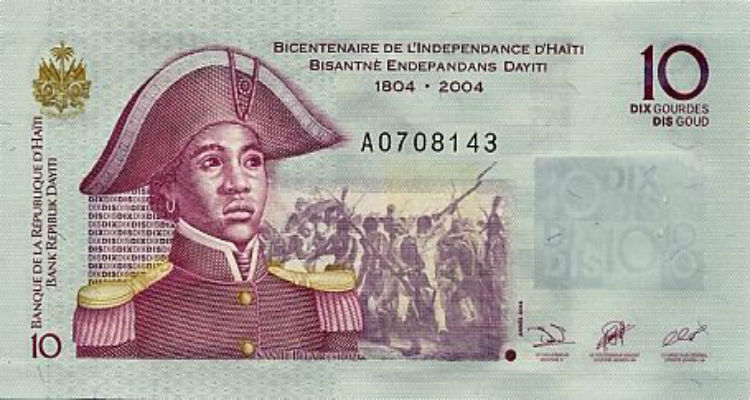
For years I had information on Lieutenant Sanité Belair, all of it was what people had told me. Then one day I had a dream and I was told by her, “If you go the Library of Congress in Washington DC… you will find all the information you need about me.”
KP: Books such as The Black Jacobins by C.L.R. James and The Irritated Genie by Jacob Carruthers deal with the Haitian Revolution and history. Are there other books that you would recommend?
BB: Certainly, The Black Jacobins is a good book, the only thing is that you have to keep in mind that he is looking at it from the point of view of a Communist or a Socialist. Once you remove that, then a lot of the information is quite valid. Like everybody from his time, he also has a little problem or a little complex when it comes to Dessalines. A lot of them would say, like Wendell Phillips in his books, he always talks about Toussaint gave Ayiti its independence, but Toussaint died in 1803 in France and Ayiti became independent in 1804! So you see a lot of people have that complex, it’s not their fault. They’ve been bred this way, they’ve been fed this way.
Jacob Carruthers’s book is a good book, certainly. There is a Brother living in Canada, Berthony Dupont and he wrote Jean-Jacques Dessalines: Itinéraire d’un révolutionnaire. That is one of the best books in recent times about Dessalines and the Ayitian Revolution. It puts out a lot of information.
Now, documents that you might even find on the internet; you can the find the Almanach Royal published in 1816-1820 by King Henri (Christophe). Ayiti also had emperors and kings, which of course they never mentioned.
King Henri, who ruled Ayiti from 1811-1820, he published several almanachs and royal almanachs. Every year there would be the almanac, like the calendar of the kingdom, what will happen when, the dates, etc,. So, if you can get a hold of one of these, that would give you a better idea as to what was happening in the kingdom at the time.
Other documents such as the Constitutions, you might find them. The Imperial Constitution of 1805, Hayiti. Look for Ayiti under that spelling, you’ll find more things than if you look for Haiti. Both the empire and the kingdom were (spelled) Hayiti. Whenever you are looking for something on Ayiti, you should use the three spellings: Hayiti, Haiti and Ayiti.
KP: Which of those spellings is the oldest or closest to the original?
BB: Ayiti. They taught us that Arawaks were savages, but the Arawaks had an alphabet of 13 letters. They had bibliotechs (libraries) that were burned and stolen. A number of their library books are probably in the Vatican or other such places. The spelling has been there way before Creole.
KP: What are the linguistic and cultural traces from African people that can be found in Ayiti today?
BB: The most dominant are the Fon and the Yoruba. According to some of the studies, about 18% of the vocabulary is Fon and Yoruba; less than a percent is Eastern African words; 2 percent Arabic and North African words; less than 1% South African words. Actually, Ayiti is the continent in miniature linguistically and culturally. In Port au Prince you have Fon and Yoruba as the basis. In the North, you have the Bambara and the Manding, which is dominant in the vocabulary as well as in the way to speak. Funny enough the entire language, everywhere you go, the syntax of the language is Fon, but we have a lot of words from just about every African language.
We have about 12 cultural groups that have contributed to the creation of Ayitian’s language. That is why when people say stupidities like, “Creole is just a deformed French” that is nonsense. Absolute nonsense. The French vocabulary is less than 20%. There is Spanish, English, and German. French is not the only European contributor.
KP: Can you give some background and history of the red and black flag of Ayiti?

BB: The original flag of Ayiti as established in the Imperial Constitution of 1805 article 20, our national colours are black and red, vertical. Period! It’s not a question of “version”. All the ones who are saying, “Well, we can’t be sure…” “We don’t know…” “The blue was before…” That’s crap. The constitution clearly states the first flag. You see, that’s what conditioning and colonized minds does. They produce questioning where there are none.
KP: How has the perception of Vodun changed over the years, particularly since the rise of the internet? Has it changed for the better or for the worse?
BB: Yes, it has changed. More of our young people are interested. More of our young people are starting to understand that there is a need to do the effort to become yourself. Ayiti has been blessed to be a country where we have created all the essentials of the identity of a human. We have created our own cosmogony, which is what Vodun is. This is our perception of the cosmos. All the relationships that can be established between visible and invisible is in Vodun. Then, we created our own language. Once you have your own way of looking at the world, then your own language, then your everyday life will give you the rest. The tradition and the science will come naturally. Every time you build a strong house, a bamboo house or a dirt house, it’s your own science that you are applying. Every time you cook, you are applying your science. Every time you heal a sickness either with leaves or with chemicals, you are applying your science. Therefore, once you have created your perception of the world, your cosmogony and your language, you are set to be an independent person.
KP: Can you speak more about the archetypes found throughout Ayitian history. For example, you have described Toussaint L’Ouverture as Elegba.
BB: When we look at our ourstory, if you look at any African Griot, he will speak of the rulers that he thinks the best of. When he gets to a ruler that he does not appreciate too much, he will not deal with him, he will leave it to another Griot who can handle that. You will find me talking about the people that I know the best about. Those that I am troubled by their actions, I leave them to others. In some cases, like in Toussaint, some say that he wasn’t this or that, that he was sold to the French… I don’t see that. When I analyze him I see him as Elegba. Of course, had if I no knowledge of Vodun, I would have no way of looking at him that way. I look and I see the person that came in and opened the way, opened the gate and make all the preparation for independence to happen. That is what Elegba does. He sets everything up. But he is not the one to bring independence.
After him comes Dessalines and not by chance either. Dessalines was his right arm. He learned a lot from Legba and Elegba gives power to all those Lwas that must come into the ceremony. Dessalines, (Henri) Christophe had received rank from Toussaint. All the people who ruled Ayiti for the next 25-30 years after independence, the ones who were ranked by Toussaint are the ones who accomplished. People like (Alexandre Sabès) Pétion, never was ranked by Toussaint. (Jean-Pierre) Boyer was not even a part of the army. These are intruders that I do not how to place them. I don’t find a Lwa that can be a model for these people. As I look at the different historical figures, when you look at Toussaint, you see Elegba clearly. When you look at Dessalines, you identify Ogou clearly. When you look at Christophe, you clearly see Shango. Shango is the Lwa that creates money, makes the economics work. When you look at all the personalities, you clearly start to see the models.
KP: Who are some of the Ayitian women or women from the diaspora that have inspired you or are proud of and why?
BB: I love Yaa Asentewaa of Ghana for her deciding at an advanced age she should go and learn how to use the weapons and mount an army and give the British an answer to their insults for sitting on the throne, which represented the soul of the people.
I love women like Harriet Tubman in the United States. I love Marie-Jeanne, who was a woman who ran a troop of a thousand women in our country during the revolution. Refused to be part of the official army, but would support the army’s work in many ways. I love Nanny of Jamaica, who put up a long, big fight. I love the three women who gave St. Croix independence (Mary Thomas [Queen Mary], Axeline Elizabeth Salomon [Queen Agnes], and Mathilda McBean [Queen Mathilda]), even though it did not last.
KP: Can you tell us about Fondation Félicité.
BB: The foundation is named Fondation Marie Claire Heureuse Félicité Bonheur Dessalines. That’s the name of Dessalines wife. We admire this woman because of her strong personality and her soft and sweet behaviour.
This is a woman who has always been clear. For example, the practice at that time was if you were married to a general, people would call you La Général, the female general. She refused that title. She said, “There was only one military person in our family and that’s Jean-Jacques, not me”. She said her life mission was health, education and justice. When they created the capital city in the heart of the country, she made her house in one street and two streets down was her husband’s house. She said, “He is a military man … In my house, I must have plenty of leaves, plenty of things to cure people, books…” and stuff like that.
I think a woman like this, a woman of peace, but can appreciate the work of a war maker, a revolutionary. It also says a lot about him. His ability to accept others. That is important. Today in our society people don’t understand that. I don’t have to be a warrior to appreciate a warrior’s work. That’s why we chose Marie Claire Heureuse Félicité Bonheur Dessalines.
The mission of Fondation Félicité is to do research and bring forth and transmit in any way shape or form information that would enable our people to build back our own identity from having come out of slavery and continued colonization through school and church, we need to build our identity.
That’s the number one goal: to create the structures, the system and the methodologies that would enable us to use the proper information to reconstruct our identity.
How do we do this? We go through five axis: one is history, of course research. The second one is tradition. In all of our traditions we will find the tools that we need to set up the proper methodology for transmitting information. Then, through celebrations. We have observed that all of us coming out of slavery and colonization, they have us celebrate the day of the passing of our heroes and often it is the day they were killed. That is not good for us.
So, part of the research we do is identify the date of birth of our various heroes and celebrate them.
The other thing is that we do research on centenarians, people who live 100 years or more. One of the fascinating things that we have come across is realizing that while all the books and documents about Saint-Domingue say that hardly anyone in the slavery system could survive more than 25 years, then we came to find out that Toussaint Louverture’s adoptive mother was 105 when they kidnapped Toussaint. We have no trace of her after. Toussaint’s godfather was 116. Into slavery for more than 70 years! And surviving, existing and dynamic because he is the only person, when the French arrest Toussaint, that stayed with him when they made everyone else run away. They tied Toussaint behind a horse and as the horse would drag Toussaint, sometime Toussaint would fall and his godfather would appear almost out of nowhere and say, “Get up my boy, Get up! In our family we always die standing up! Get up!” And Toussaint would rise again and continue to walk behind the horse all the way from Henry to Gonaive. That’s about 50 kilometers. The old man walked behind Toussaint.
Of course Empress Félicité of Ayiti, the wife of Dessalines, who survived Dessalines by 52 years, who wrote letters to every government that came after. Sometimes telling them what you are doing here is not what we created this country for. She lived to be a 110 years old. The biological resilience of our bodies, the biological stamina that is ours, our people must be aware of that. And not allow people, enemies to put thoughts in your mind to make you kill yourself. Once you start thinking “as a Haitian they say that longevity is 39 years old so I’m almost dead now.” Their mouth is theirs; let them speak whatever they want. But YOU remember where you come from.
KP: Are there any words of advice you would like to share with the readers?
BB: Anyone who wants to contact us for more information can visit our website at www.ff1804.com.
As for advice, the most important thing for all of us is to become ourselves. The worst thing that happened to us through slavery, colonization and then going through the school and church of those who created slavery, that has put our mind someplace where it is not supposed to be. That means we need to start going back to what our grandmother, our great grandmother used to do and used to say. Drink some tea, don’t sleep with the telephone by your head. You don’t want to be sick or to have cancer or some other stuff. Do some cleanups on a regular basis. Simple hot water and lemon once or twice a week will cleanse your body quite a bit. Some parsley tea also cleans the blood. Do certain things, simple gestures, simple things that will keep your body and your mind in good health.
You see people have lived 120 years and didn’t see the Promised Land. So we shouldn’t put it in our heads that it will be tomorrow. The battle is long, but we must fight it. Victory is ours ultimately. We were first and we will be first again. Take good care.
Kentake Page thanks the members of Akademie X for facilitating the interview with Dr. Bayinnah Bello.



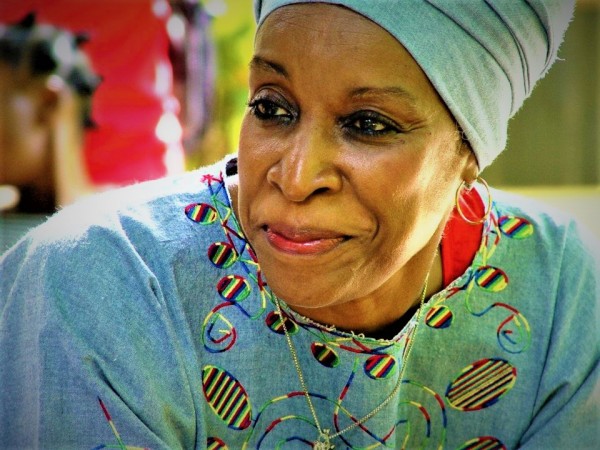
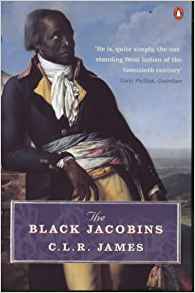
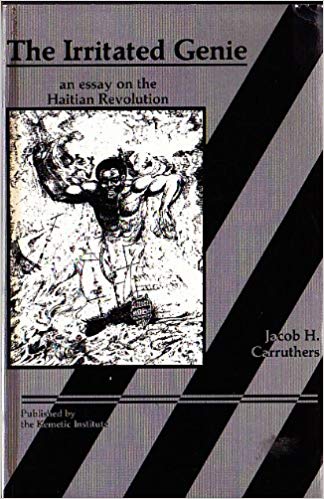
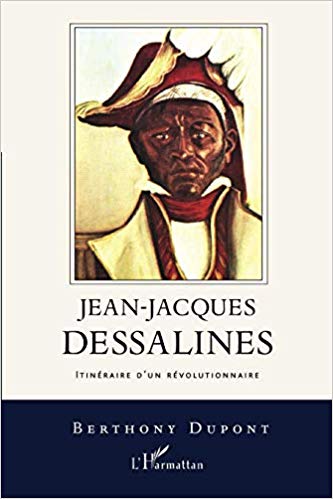

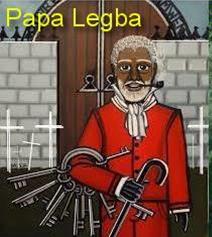

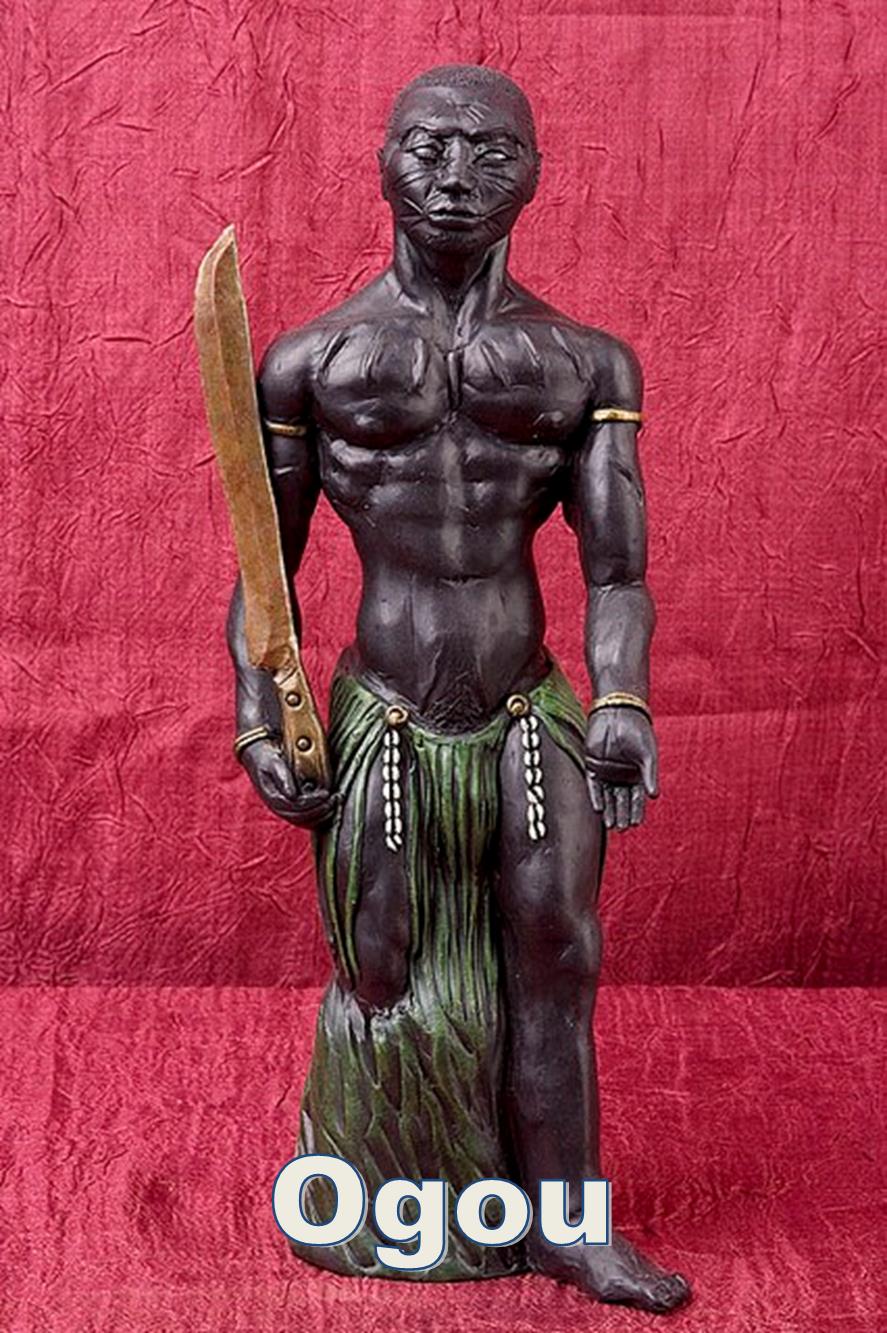
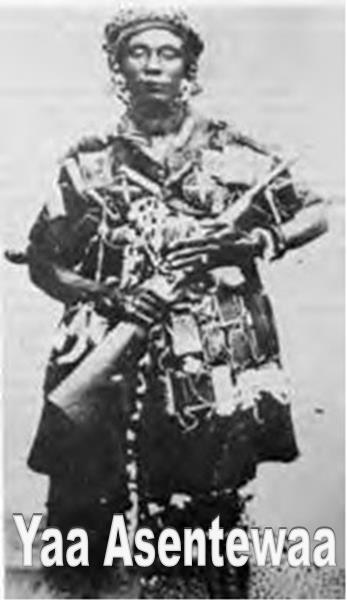
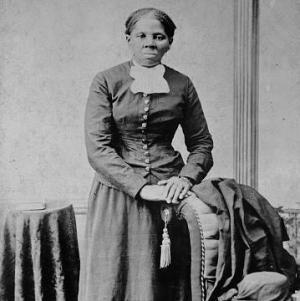
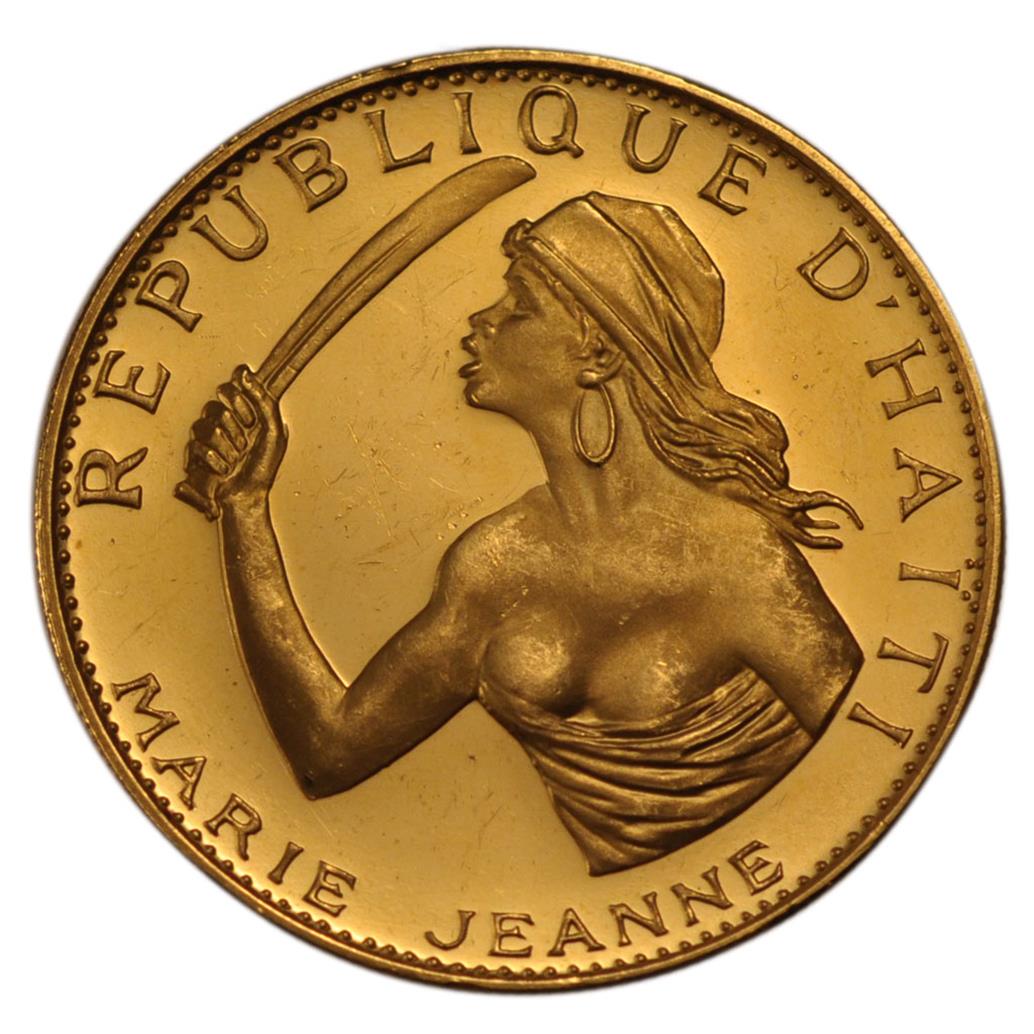

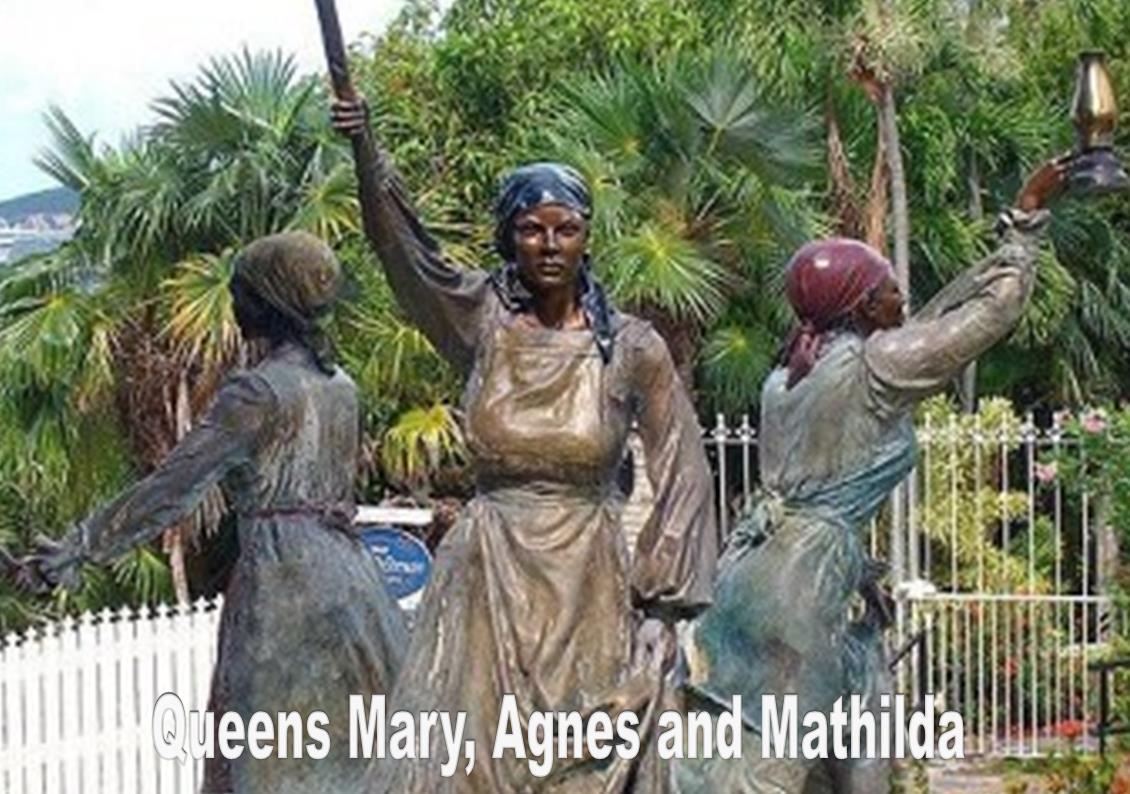
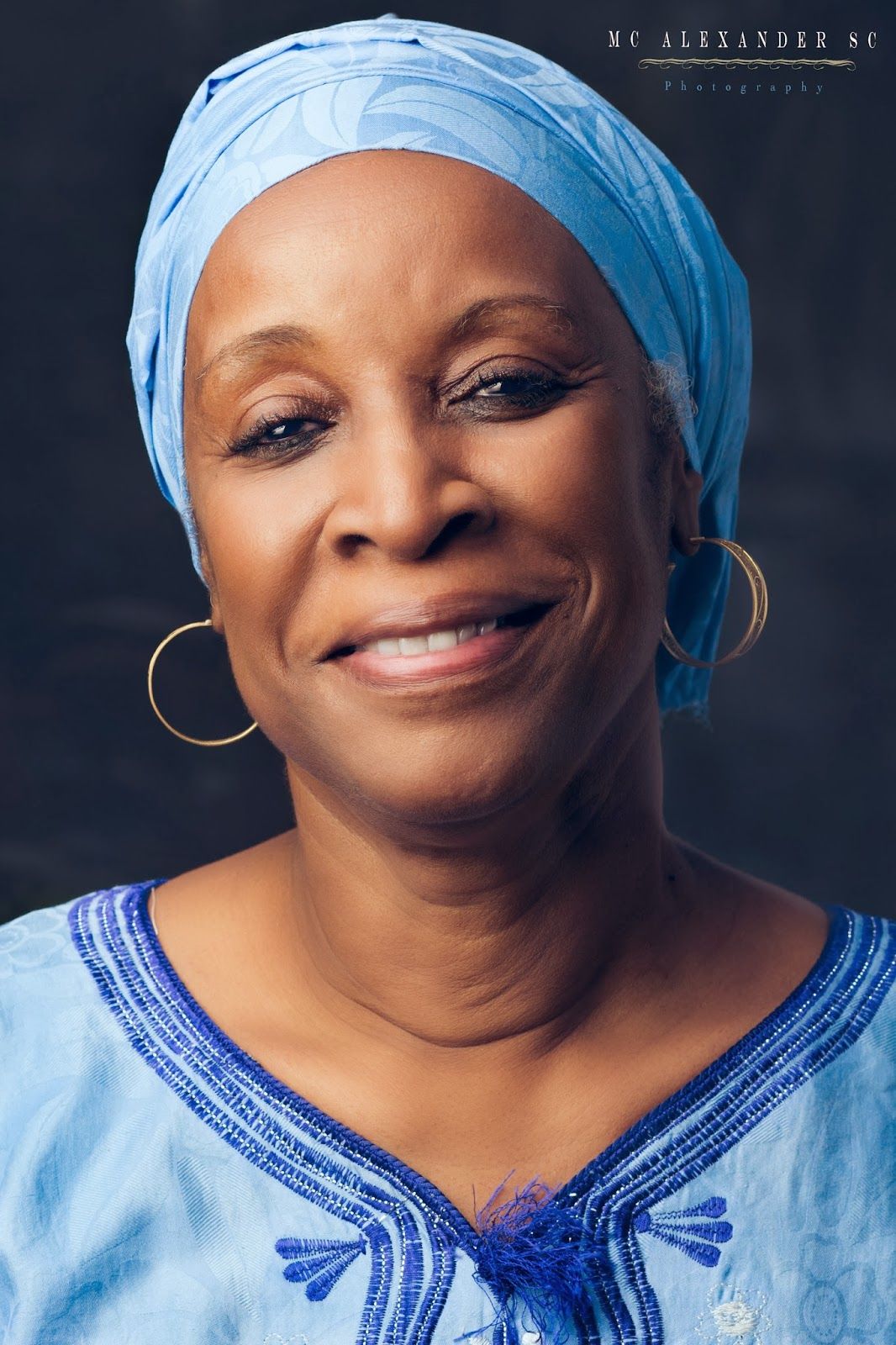


1 comment
This is an awesome interview, thank you for sharing!